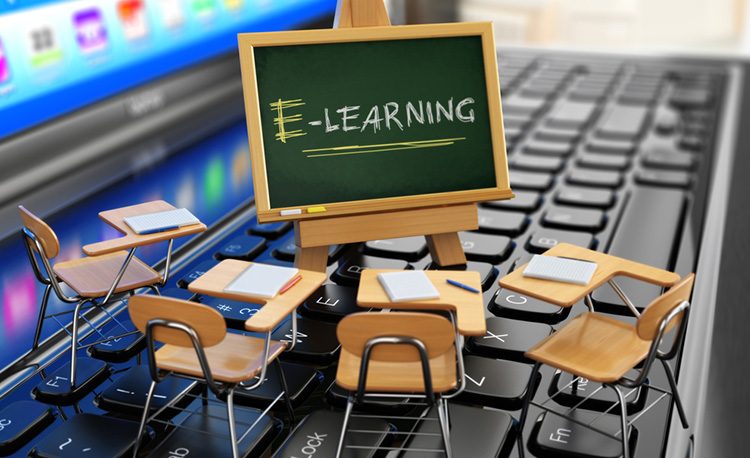
Information Communication Technology, often abbreviated as ICT, plays a pivotal role in modern educational environments. Simply put, ICT in education refers to the use of digital technology to facilitate both teaching and learning. This includes everything from computers and the internet to digital whiteboards and specialized software. By incorporating these technologies, educators can enhance instructional delivery and engage students in ways that were not previously possible.
How Does ICT Benefit Students and Teachers?
ICT tools offer numerous benefits in educational settings. For students, these technologies can provide interactive and personalized learning experiences. Digital resources, like educational apps and online libraries, allow students to learn at their own pace and access a vast array of information. For teachers, ICT can be a powerful aid in planning lessons, managing coursework, and assessing student progress through various software and applications.
What Are Some Common ICT Tools Used in Education?
There are many ICT tools that are now staples in educational institutions. These include:
- Learning Management Systems (LMS): Platforms like Moodle or Blackboard help manage course content, allowing teachers to share materials and interact with students online.
- Digital Whiteboards: These interactive boards replace traditional blackboards, enabling teachers to present multimedia content more effectively.
- Tablets and Computers: These are used for accessing educational software, participating in virtual classrooms, and completing assignments.
- Educational Software: This includes programs that assist with teaching subjects like math, science, and languages through engaging, interactive modules.
How Can ICT Improve Accessibility in Education?
ICT is particularly effective in breaking down barriers for students who require special accommodations. Text-to-speech software and audiobooks can assist those with visual impairments, while voice recognition technology can aid those with physical disabilities in navigating computers more easily. Additionally, online resources and virtual learning environments allow students who cannot attend school due to illness or remote locations to continue their education seamlessly.
How Do Educators Access ICT Resources?
Educators can access a variety of ICT resources through various platforms. One such platform is Ncedcloud, which provides a centralized hub for educational resources and administrative functions. Teachers and students can use the Ncedcloud login to access their accounts and utilize tools that support their educational needs. For more detailed information on how to maximize the use of such platforms, educators can visit resources like https://ncedcloudinsider.com/, which offer guidance and tips on effectively integrating ICT in educational settings.
What is the Future of ICT in Education?
The future of ICT in education looks promising, with ongoing advancements in technology continually opening up new possibilities for enhancing learning environments. Artificial intelligence, virtual reality, and augmented reality are expected to play increasingly significant roles in education, providing even more immersive and interactive learning experiences.
In conclusion, ICT in education is about harnessing the power of technology to create more effective, engaging, and inclusive learning environments. With the right tools and resources, both students and educators can greatly benefit from the digital aids at their disposal. As we continue to innovate and improve these technologies, the potential for transforming education remains boundless.
FAQs on ICT in Education
1. Can ICT help in environmental education?
Yes, ICT can enhance environmental education by providing virtual field trips and interactive simulations that illustrate ecological concepts.
2. Are there ICT tools for early childhood education?
Indeed, there are ICT tools designed specifically for young learners, such as storytelling apps and interactive games that develop basic skills.
3. How does ICT support collaborative learning?
ICT facilitates collaborative learning through platforms that allow students to work together on projects and share ideas in real-time, regardless of their physical location.


